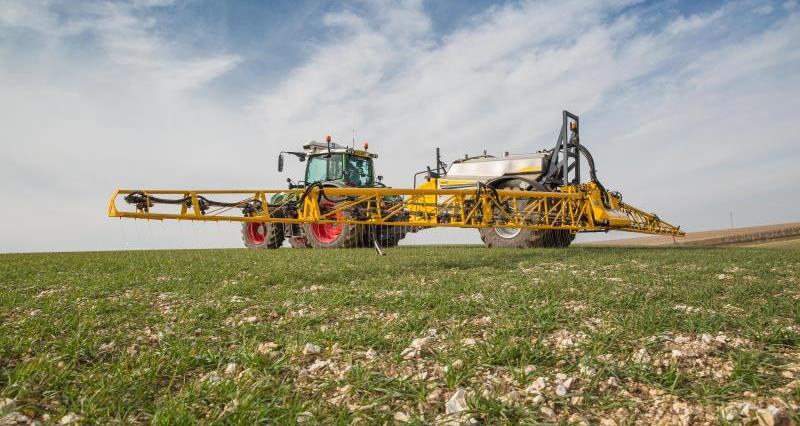The Commission is composed of the College of Commissioners of 28 members, including the President and Vice-Presidents. The Commissioners, one from each EU country, are the Commission's political leadership during a 5-year term. Each Commissioner is assigned responsibility for specific policy areas by the President.
See also: Infographic - reasons to keep glyphosate
The NFU is disappointed with the decision but says it looks forward to planned discussions among the College Commissioners on Monday afternoon on the re-authorisation of this vital product.
Voting intentions obtained by POLITICO shows 19 countries were in favour of extension, accounting for only 51.49 percent of the EU’s population, below the qualified majority needed. Germany, Bulgaria, Italy, Greece, Austria and Portugal and Luxembourg abstained, accounting for 35.39 percent. France and Malta voted against.
NFU senior plant health adviser Emma Hamer said: "Glyphosate is a key product in enabling farmers to provide a safe, secure and affordable food supply while delivering numerous environmental benefits. The failure of the appeals committee to reach a decision is a major frustration to NFU members.
"The fact that re-authorisation has failed at this point is the result of political bargaining and is worryingly far removed from the scientific, evidence based process that exists. Indeed, it is this system which has delivered a recommendation for full authorisation of glyphosate which the NFU fully supports.
"We share the view of Commissioner Andriukaitis that the decisions made should be based on science, not political convenience. This decision, however, casts doubt on the regulatory system and could create fear and confusion amongst consumers. I hope that the College of Commissioners will now make this decision to approve glyphosate."
The worst case scenario would be if glyphosate were to fail to get re-authorised. The standard phase-out where there are no safety concerns is six months for sale/supply plus 12 for storage/use (Article 46 of Regulation 1107/2009). Since there are no safety concerns in this case, we would expect to follow that to allow the maximum period possible, unless perhaps the Commission adopts a measure which specifies something else.
More on glyphosate:
